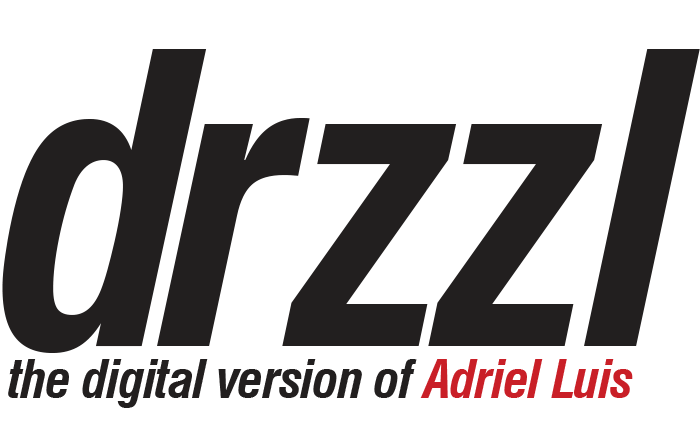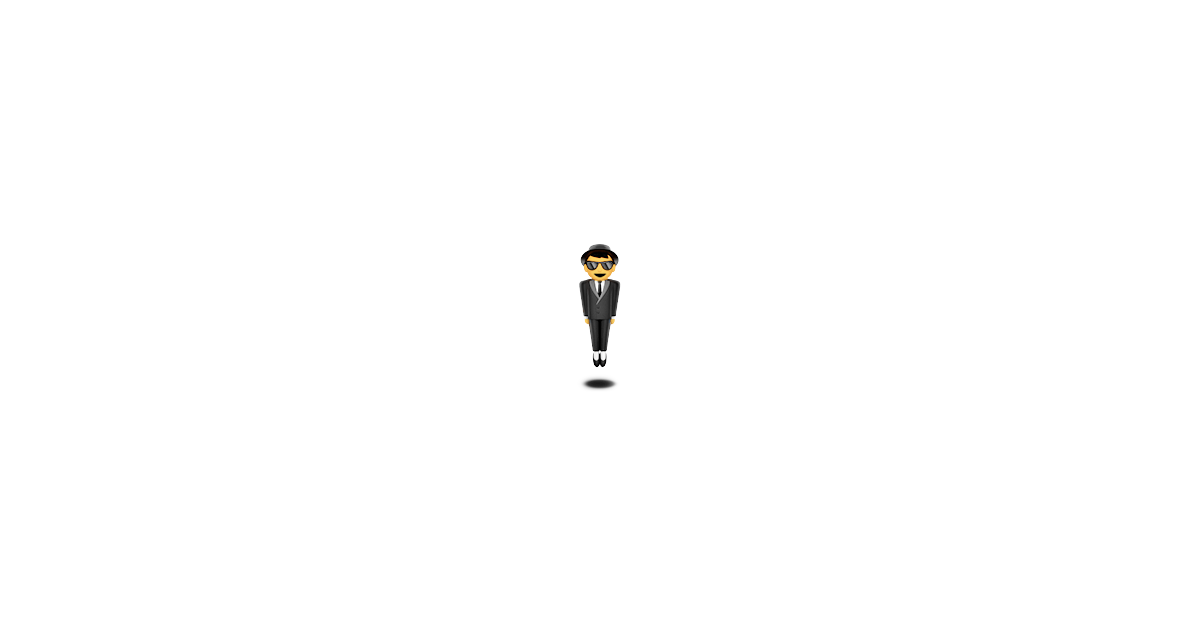As someone who has always been a proponent of the imagination, lately I’ve had to do the work of looking at this celebration more critically. It’s something that I didn’t have to fixate on too much when I was purely focused on iLL-Literacy – at the time, our primary audience was a generation of college students who were so disillusioned by the failing economy that they (and their institutions) found little time for training oneself to be creative. Times have changed since then, and even though the word du jour is innovation – a concept that is vastly distinct from imagination – we are now in an era where, instead of fighting a great resistance to creative thinking, we are in danger of people who wave it cavalierly, not quite understanding how to use it with intention for transformative change. Instead, innovation is targeted – not in the way of an archer who allows herself to sink into a moment, but in the way of a member of an assembly line who is given strict constraints for their job. People are encouraged to “innovate” while nothing in the way of employment structures, work hours, pay and benefits, or scope of their work. What people actually mean by innovation is a mere call to “jazz it up.” Innovation is the ephemeral version of what was depicted in Office Space as “flair.”
Imagination is not that. If imagination emerges during the workday, it’s often in the form of moments that the employee steals without a trace. Imagination is summoned in moments of frustration or fatigue, when the employee starts daydreaming about what they’d rather be doing. It’s in the situations where a conversation actually gets interesting, and an idea is shared only to be paired with the disclaimer, “But we’d never get away with that.” Unlike innovation, imagination isn’t just a new kind of grease for the wheels. It’s what beckons us to wonder why we’re still on this bandwagon instead of soaring above.
I have been nervous about entering my sixth year with the same institution – one that I told myself I’d only stay with for five years – because I know my imagination is valuable and I know I must guard it at all costs. The reason I have stayed is because I have managed to cultivate an environment where I can keep the “innovators” at arm’s length, and surround myself with actual imagineers. They come in the form of artists, thinkers, scientists, and so many other walks of life, and have become my sages when I’m weighed down by the bureaucracy. They are there to remind me that modifying a logo, launching a social media campaign, or replacing a powerpoint presentation with a TED-style talk isn’t imagination at work, even if the powers that be like to describe these tired rituals as innovative. Imagination is much harder work, not only because of how ambitious it is, but because of its audacity. Oftentimes, the most challenging aspect of an imaginative act isn’t the actual accomplishment, but the ability to do it despite the given parameters. At my institution, I have to constantly remind myself that the awe-inspired question, “How did you manage to do that?” is so much more interesting when it’s answered by a creative process as opposed to a bureaucratic one. Unfortunately, people are so familiar with red tape that the question is usually the more sobering version. We may present the most breathtaking art piece ever, but as it gets more complicated, wonder becomes a logistical exercise, and “How did you manage to do that?” actually takes on the meaning of “How did you get them to allow you to do that?”
Here, we find the main difference between innovation and imagination – innovation is held up as a talent that comes with the kind of persistence and directiveness that is often associated with scientific or analytical prowess. But imagination is a magic that we all possess. While the turmoils of life can make it feel dim inside us at times, it is in fact intertwined with our life force. It is ultimately freed upon permission that can only be bestowed by the Self.


